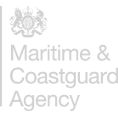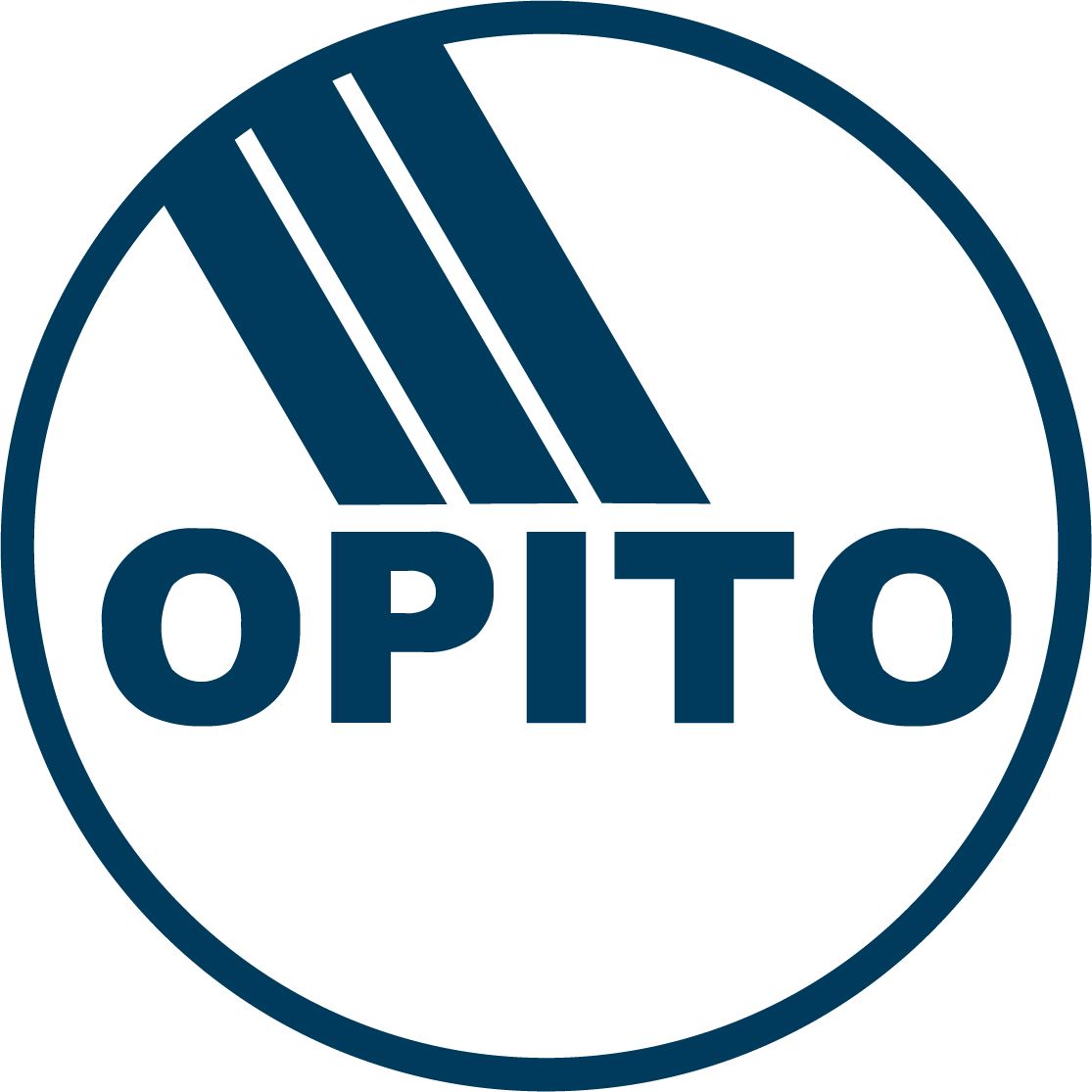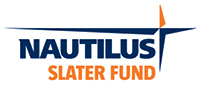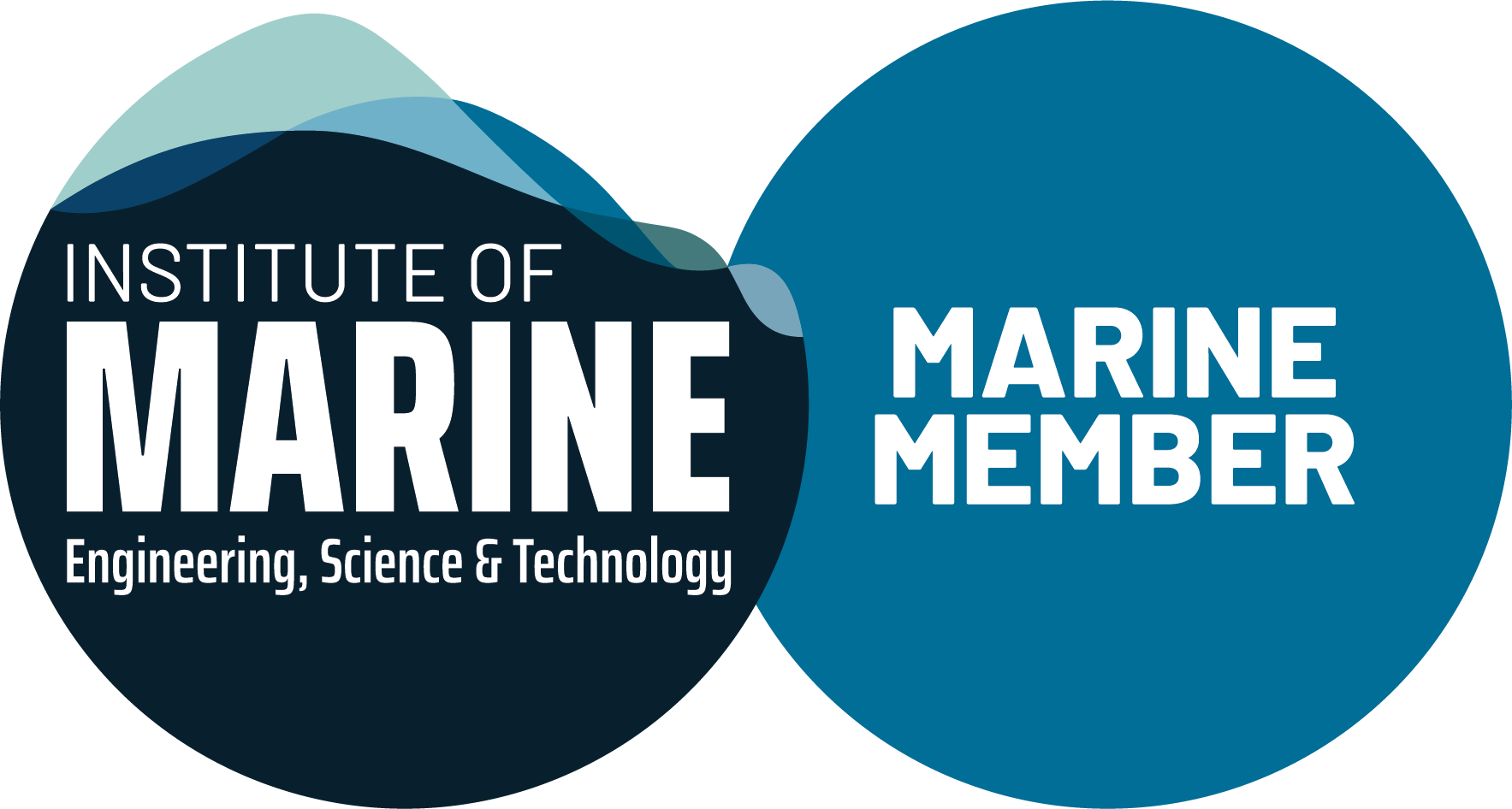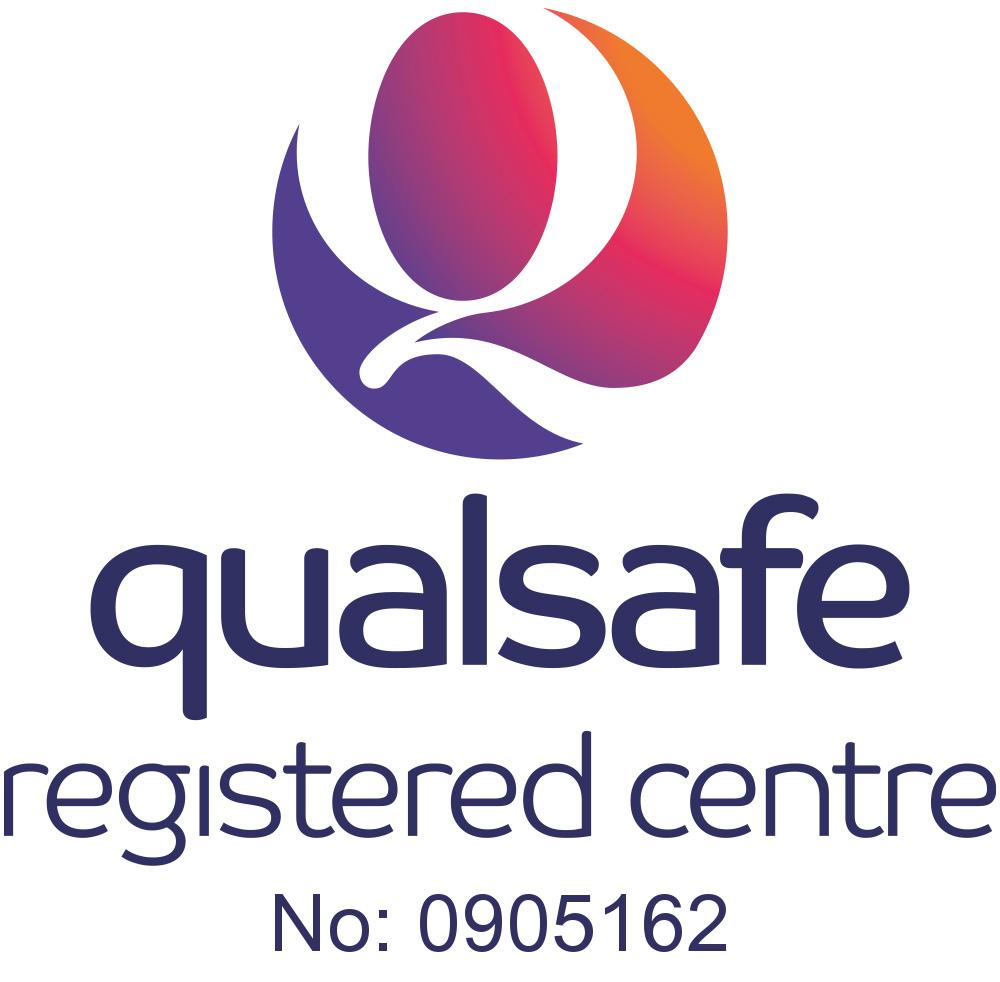GWO Advanced Rescue Training (Refresher)
Course Code: OE1EC367
Fleetwood Offshore Survival Centre
Next course dates
| Start Date | Location | Duration / Fee | |
|---|---|---|---|
| 21/05/2025 | Fleetwood Nautical Campus | 3 Days/ £530 | Enquire |
| 25/06/2025 | Fleetwood Nautical Campus | 3 Days/ £530 | Enquire |
| 23/07/2025 | Fleetwood Nautical Campus | 3 Days/ £530 | Enquire |
| 06/08/2025 | Fleetwood Nautical Campus | 3 Days/ £530 | Enquire |
| 10/09/2025 | Fleetwood Nautical Campus | 3 Days/ £530 | Enquire |
| 08/10/2025 | Fleetwood Nautical Campus | 3 Days/ £530 | Enquire |
| 05/11/2025 | Fleetwood Nautical Campus | 3 Days/ £530 | Enquire |
| 03/12/2025 | Fleetwood Nautical Campus | 3 Days/ £530 | Enquire |
Course Overview
This course renews the ART qualification. Participants will practice techniques and any new elements introduced since their last course. They will perform entry-type injured person rescue operations, in a wind turbine generator through open questions and practical training. Participants will achieve this by using industry standard rescue equipment, employing rescue methods and techniques, exceeding those of the Working at Height course.
Elements covered:
Module 1 - HUB RESCUE (HSIBR)
1. Perform descending rescue operations from a WTG hub, spinner and from inside a blade, to a primary assembly area (ground or transition piece) or a secondary assembly area (vessel), using industry standard rescue equipment.
2. Perform these rescue operations in teams acting as the rescue team coordinator. demonstrate understanding of the importance of carrying out work duties in a safe and sound manner in accordance with the legislative requirements of their geographic location.
Module 2 - NACELLE, TOWER & BASEMENT (NTBR)
1. Perform descending and ascending rescue operations from an enclosed space in a WTG nacelle, tower, or basement to a primary assembly area (ground or transition piece) or a secondary assembly area (vessel), using industry standard rescue equipment.
2. Perform these rescue operations in teams acting as the rescue team coordinator.
3. Perform the preparation of an injured person for helicopter rescue from a WTG The participants are able to identify aspects of their job tasks that could increase a worker’s risk of developing muscular/skeletal injuries.
Module 3 - SINGLE RESCUER: HUB, SPINNER & INSIDE BLADE RESCUE (SR:HSIBR)
1. Perform single rescuer descending rescue operations from a WTG hub, spinner and from inside a blade, to a primary assembly area (ground or transition piece) or a secondary assembly area (vessel), using industry standard rescue equipment.
Module 4 - SINGLE RESCUER: NACELLE, TOWER & BASEMENT RESCUE (SR:NTBR)
1. Perform Single Rescuer descending and ascending rescue operations from an enclosed space in a WTG nacelle, tower, and basement, to a primary assembly area (ground, transition piece, or helicopter hoisting platform) or a secondary assembly area (vessel), using industry standard rescue equipment.
Validity of new certificates
Elements:
• Hub, Spinner and Inside Blade Rescue (HSIBR) – 24 months
• Nacelle, Tower and Basement Rescue (NTBR) – 24 months
Entry Requirements
Participants must hold valid, in-date WINDA training records for GWO Advanced Rescue Training, Working at Height, GWO First Aid and GWO Manual Handling to participate.
GWO certificates must be renewed by undertaking the relevant refresher training course prior to and inclusive of the expiry date stated on the specific training certificate. Where the expiry date has been exceeded, the participant must complete the relevant initial training course to be re-certified.
You will need to bring your WINDA ID and photographic proof of identity, such as passport or UK driving license. These are compulsory to attend the course.
Medical Declaration
Parts of the course are of a physical nature. All personnel participating in advanced rescue training shall be medically fit and capable of fully participating. Employing companies should ensure participants are medically fit to attend training.
You will be required to complete and sign a medical declaration when you attend your course confirming your fitness.
Assessment Methods
Module 1 - HUB RESCUE (HSIBR)
- Perform descending rescue operations from a WTG hub, spinner and from inside a blade, to a primary assembly area (ground or transition piece) or a secondary assembly area (vessel), using industry standard rescue equipment.
- Perform these rescue operations in teams acting as the rescue team coordinator. demonstrate understanding of the importance of carrying out work duties in a safe and sound manner in accordance with the legislative requirements of their geographic location.
Module 2 - NACELLE, TOWER & BASEMENT (NTBR)
- Perform descending and ascending rescue operations from an enclosed space in a WTG nacelle, tower, or basement to a primary assembly area (ground or transition piece) or a secondary assembly area (vessel), using industry standard rescue equipment.
- Perform these rescue operations in teams acting as the rescue team coordinator.
- Perform the preparation of an injured person for helicopter rescue from a WTG The participants are able to identify aspects of their job tasks that could increase a worker’s risk of developing muscular/skeletal injuries.
Module 3 - SINGLE RESCUER: HUB, SPINNER & INSIDE BLADE RESCUE (SR:HSIBR)
- Perform single rescuer descending rescue operations from a WTG hub, spinner and from inside a blade, to a primary assembly area (ground or transition piece) or a secondary assembly area (vessel), using industry standard rescue equipment.
MODULE 4 - SINGLE RESCUER: NACELLE, TOWER & BASEMENT RESCUE (SR:NTBR)
- Perform Single Rescuer descending and ascending rescue operations from an enclosed space in a WTG nacelle, tower, and basement, to a primary assembly area (ground, transition piece, or helicopter hoisting platform) or a secondary assembly area (vessel), using industry standard rescue equipment.
Teaching and Learning Methods
This course is a blend of classroom and practical learning, with the majority being practical.
Industry Placement and Field Trips
Not applicable.
Other Costs and Equipment Needed
The course is mainly practical and protective equipment will be provided. It is advised that you wear practical work clothing and safety footwear, including thermal protection where weather conditions are poor.
The usual dress code for theory sessions is smart/casual.
Expert Tutors
All staff involved in the delivery of any courses within the College are approved to teach and/or assess the subjects and modules they deliver. The approval process ensures that staff delivering and/or assessing a given programme are appropriately qualified, with relevant technical and industrial experience and professional practice.
Tuition Fees
Read our tuition fees guide.
Regulation and Accreditation
Accrediting Institution: N/A
Terms and Conditions
Read our full terms and conditions for more information.



